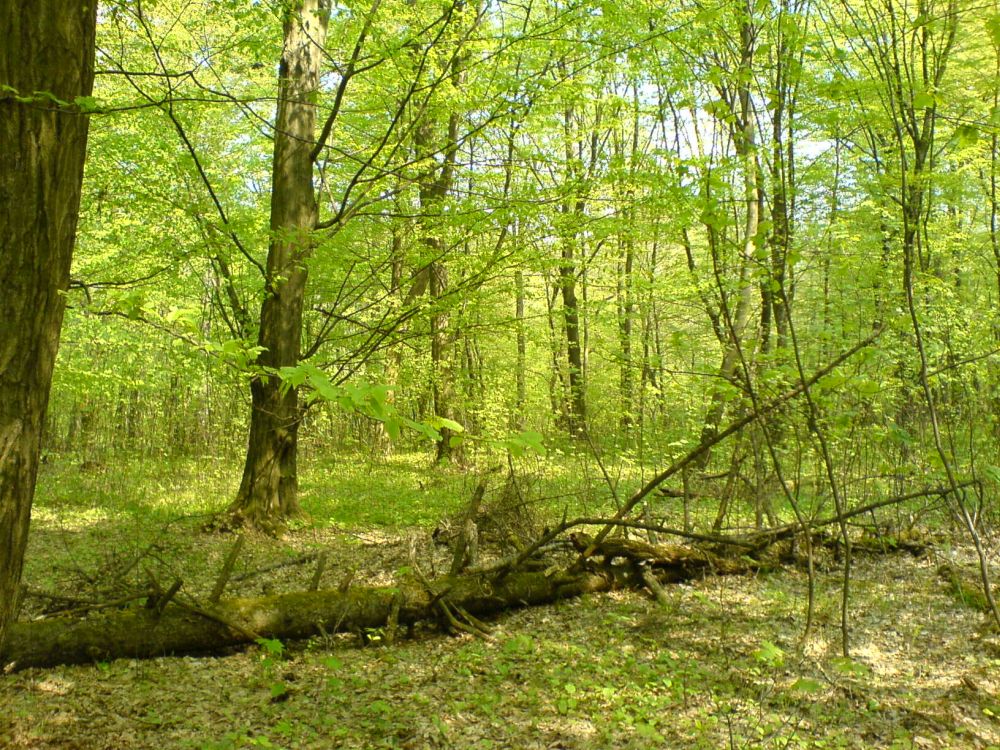
The importance of forestry, and the need for continued Government support through Brexit and beyond, has been recognised in an Efra Select Committee report released today (21 March).
The report, entitled Forestry in England: Seeing the wood for the trees, provides recommendations to the Government on how to improve the UK forestry sector through these turbulent times.
Key recommendations include streamlining the administration of the forestry Countryside Stewardship Scheme. This is currently administered by three organisations - the RPA, Natural England, and the Forestry Commission.
The report says that the dual benefits of forestry and agriculture must be recognised in creating a post-Brexit land use policy.
The report emphasises that the Government should provide certainty on how it will fill the gap in forestry research funding after the UK leaves the European Union.
Importance of forestry
The CLA, which represents landowners, farmers and rural businesses across England and Wales, has welcomed the report, calling it an important reminder of the contribution of forestry to the UK landscape, environment and economy.
Mike Seville, Forestry Adviser at the CLA, has said: “Forestry is an important feature of our landscapes. It makes a vital contribution to our economy, and plays a critical role in meeting our environmental objectives.
“We can do better to ensure we have enough well managed and profitable forestry in the UK, and we are pleased the Committee has agreed with us that Brexit is an opportunity to guarantee that supporting it, alongside agriculture, is a policy priority.
“We are pleased to see that the Committee has added its voice to ours in calling for the streamlining of funding bodies for forestry, and that it has recognised the importance of forestry to the economy and environment, as on a level with agriculture. We support the Committee’s view that a single administrative body would be better able to ensure that woodland across England is managed to the UK Forestry Standard.”
12% woodland cover by 2060
Mike Tustin, chartered forester with John Clegg & Co, Strutt & Parker’s independent forestry arm, said the committee is 'right to raise questions' whether the ambition to achieve 12% woodland cover by 2060 is achievable.
He said: “We are supportive of the target, but in reality there is no chance of success at current levels of support or with current levels of management bureaucracy.
Mr Tustin also called the Countryside Stewardship Scheme 'overly-bureaucratic': “We have also been saying for some time that the Countryside Stewardship Scheme is overly-bureaucratic when it comes to woodland creation.
“It is all too apparent when completing an application that the authors of the scheme do not understand forestry and technical issues connected with planting. For example, the industry faces a shortfall in softwood availability from around 2030, yet the Countryside Stewardship Scheme only allows 25% of the area to be planted with conifers and there is no allowance for the specification of planting conifers within the scheme.
“The report also talks about bringing under-managed woodlands back into management. However, the report makes no reference to the fact that the paperwork required to legally manage woodland is dealt with by the Forestry Commission with less staff than ever before and as a result massive delays are arising in the processing of felling licenses etc. This process is also more often than not hijacked by government-funded organisations that nearly always respond late and often with negative comments to seemingly any proposal.”
